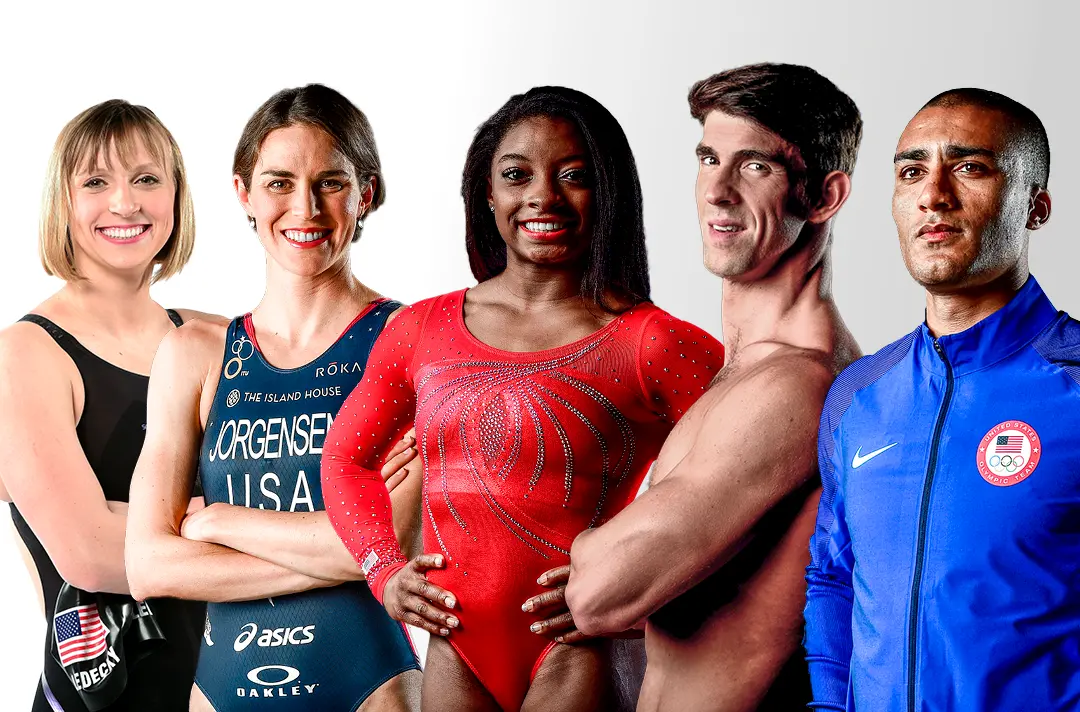I’m not a big fan of my Dish Network this time of year—actually I’m not a big fan of YES Network, which broadcasts the Yankee games—and blacks them out everywhere else.
Dish Network doesn’t have YES, and if you don’t have YES, you have to wait for a Yankee game to show up on channel 9 or on Fox’s Saturday game of the week. In addition, most of the Yankee games on ESPN are blacked out as well.
Two years ago, I thought I had them beat when I purchased a year’s subscription on MLB.com—nope. YES is right there to black out those games as well—it’s like the Soup Nazi started calling the shots there.
Naturally, every time I complain to a friend about this, they ask the obvious question of why I don’t switch providers, to which I have no good answer for, except that I’m going to someday.
Since someday still hasn’t happened, I ended up just missing Pineda’s pine-tar ejection last Wednesday.
At the time I was working on my computer. After seeing the Internet blow up with reports of his blunder, I quickly turned on the TV, happily saw that ESPN’s Red Sox–Yankees broadcast wasn’t blacked out (I guess YES was asleep at the wheel), and turned it on just in time to see replays of some guy with a neck discoloration the size of Texas walking off the mound.
My first thought was amazement that he didn’t think anyone would notice—especially after having the same-looking substance on his palm the last time out. How could anyone not notice that? Where were his coaches or teammates during all this? Was it some kind of hazing?
(It was almost as blatant as the time my brother decided to spice up a boring board game of the “Game of Life”—we were somewhat forced participants—by being the banker and discretely slipping me extra cash at every opportunity. Unfortunately, it all came apart when the bank mysteriously ran out of money—suddenly us multimillionaires on teacher salaries had some explaining to do.)
Of course, this isn’t the first time pine tar has been used illegally in a game—it’s just one of the few instances that the player was caught. After all, most managers are probably like Boston skipper John Farrell and are a bit reluctant to call out other players for doing so—lest their own players be scrutinized.
It was a little more than 30 years ago when the most famous of any pine tar incident ever happened—and it centered on my favorite player, George Brett.
Brett was everything I thought a star should be. He was all-out, didn’t care much about individual accolades, and as a bonus, was unbelievably cool in the clutch. A career .337 postseason hitter, his three-run home run off Goose Gossage (the same pitcher who gave up the pine tar blast) in Game 3 of the 1980 ALCS, won the game and the series for the Royals.
It was moments like that that skyrocketed his popularity in the Midwest. He could do no wrong.
On the fifth anniversary of Brett’s pine tar incident, they replayed it and I saw it for the first time (I was 6 when it actually happened). Surprisingly after seeing it, I actually had empathy for our hated rivals, the Yankees.
(As an aside, yes we still considered the Yankees a rival, even though the Washington Generals had a better chance at beating the Globetrotters.)
The rules were clear—no pine tar extending above 18 inches on the bat and, although it gave him no advantage (the rule was made to keep pine tar off the ball), his bat was clearly in violation.
American League President Lee MacPhail eventually overruled the call, saying that Brett gained no advantage. Naturally, the question became, why have the rule in that case?
Pineda’s argument is similar—many pitchers use pine tar in cold or wet weather to get a better grip on the ball. He was just bad at concealing it. Clearly other players do the same for better grip, so why not legalize it?
Clearly, if baseball was so concerned about it, it'd check the pitcher for substances before he comes out to pitch, instead of waiting for the opposing the manager to say something.





